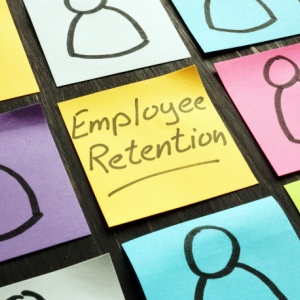Eligible FSA/HSA Expenses You May Have Overlooked
For decades, participating in a Flexible Spending Account (FSA) or Health Savings Account (HSA) has been crucial to affordable healthcare for millions of American workers and their dependents. The extensive list of eligible expenses covers well-known services like medical, dental, and vision copays, copays, deductibles, eyeglasses and contact lenses, and prescription medication. However, due in part to updates in recent years to approved items and services, you may be overlooking a host of qualified FSA










